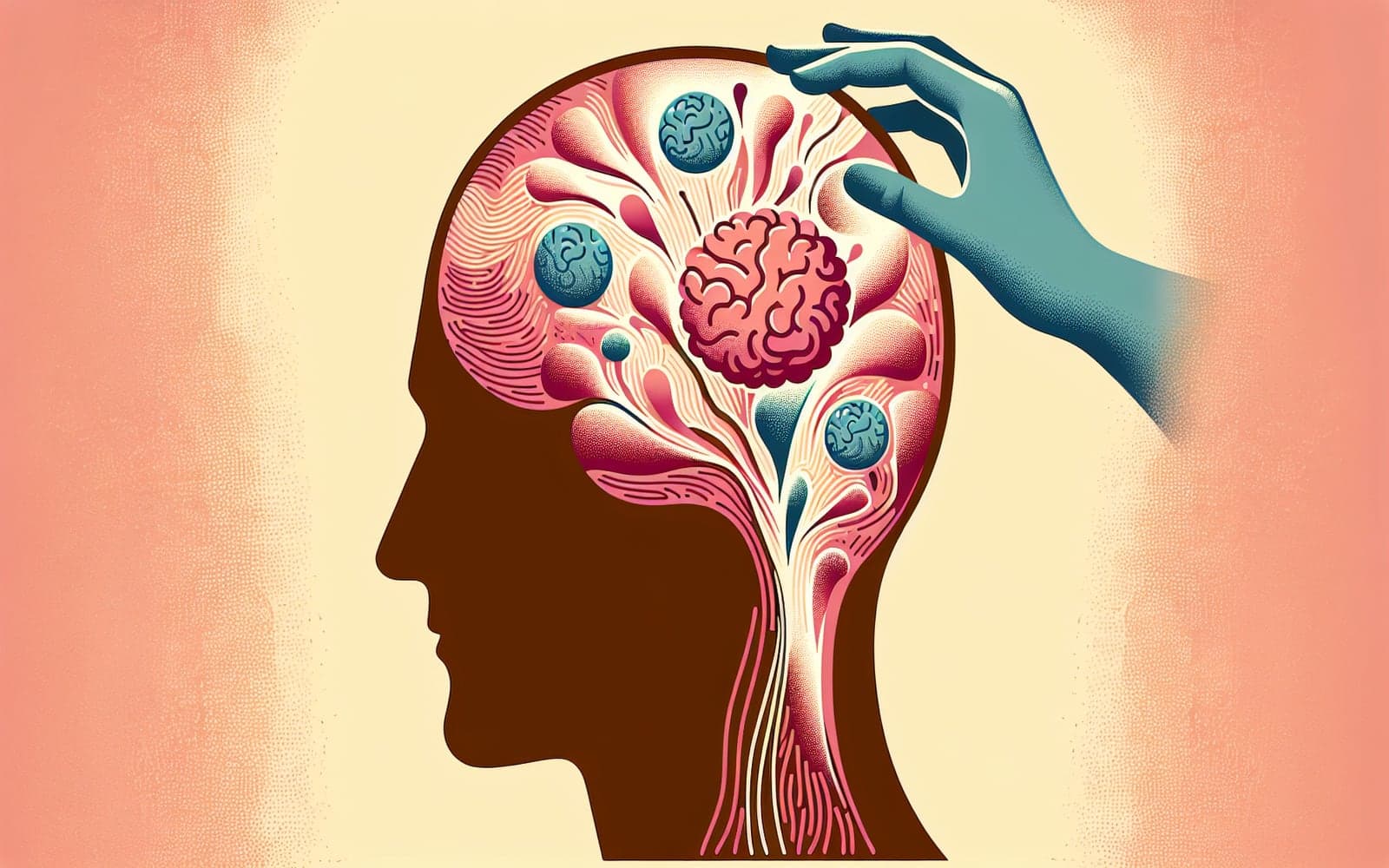Blisters on the Scalp: What Are They Telling You?
Published: Jan 29, 2024

Medically reviewed by Alan Lucks | MD, Alan Lucks MDPC Private Practice - New York on January 29th, 2024.
Blisters on your scalp can be more than just a nuisance; they might be signaling underlying health issues. Find out what your scalp blisters could mean and how to address them.
Contents
Common Blistering Conditions
Blisters on the scalp can result from conditions like allergic contact dermatitis or herpes zoster. Allergic contact dermatitis often causes intense itching and blistering due to reactions with hair products, while herpes zoster, known as shingles, creates painful blisters along nerve paths. Recognizing these conditions helps in managing symptoms effectively.
Autoimmune Blistering Diseases
Autoimmune diseases, such as pemphigus foliaceus, can cause blistering on the scalp. These conditions often require a combination of clinical evaluation and laboratory tests for diagnosis. Treatment typically involves addressing the immune response and managing any associated pain or discomfort.

When Blisters Indicate Infection
Blisters can also signal an infection, such as impetigo or a complication of tinea capitis. These infections may cause pustules and require specific treatments to prevent spreading and complications. Early medical intervention can lead to quicker recovery.
Frequently Asked Questions
Blisters can be caused by allergic reactions, infections, or autoimmune diseases.
Yes, allergic contact dermatitis from hair products can lead to blisters.
Yes, herpes zoster can cause painful blisters on the scalp.
Diagnosis often involves clinical evaluation and lab tests.
Key Takeaways
Recognizing the cause of scalp blisters can lead to better management and relief.
Try it out: Consult Doctronic for advice on managing scalp blisters.Related Articles
References
Baum S, Sakka N, Artsi O, et al. Diagnosis and classification of autoimmune blistering diseases. Autoimmun Rev 2014; 13:482.
Kasteler JS, Callen JP. Scalp involvement in dermatomyositis. Often overlooked or misdiagnosed. JAMA 1994; 272:1939.
This article has been reviewed for accuracy by one of the licensed medical doctors working for Doctronic. Always discuss health information with your healthcare provider.

